Marijuana Legalization: State Initiatives, Implications, and Issues
Marijuana is the most commonly used illicit drug across the world, including in the United States. The federal government prohibits the manufacture, distribution, dispensation, and possession of marijuana. Over the last few decades, some states have deviated from an across-the-board prohibition of marijuana. Evolving state-level positions on marijuana include decriminalization initiatives, legal exceptions for medical use, and legalization of certain quantities for recreational use. These latest moves have spurred a number of questions regarding their potential implications for related federal law enforcement activities and for the nation’s drug policies on the whole. Among these questions is whether or to what extent state initiatives to decriminalize, or even legalize, the use of marijuana conflict with federal law. This book provides a background on federal marijuana policy as well as an overview of state trends with respect to marijuana decriminalization and legalization—for both medical and recreational uses. It then analyzes relevant issues for U.S. federal law enforcement as well as for the criminal organizations involved in producing, distributing, and profiting from the black market sale of marijuana. The book also outlines a number of related policy questions that Congress may confront.
{{comment.content}}
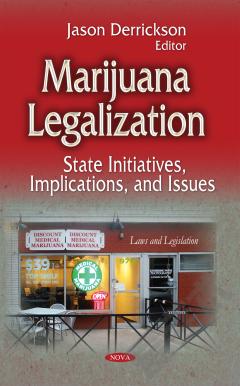
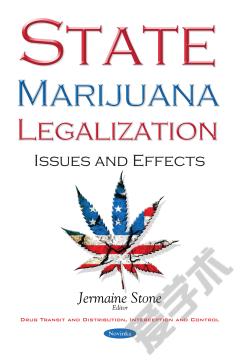
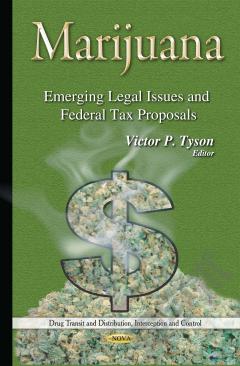
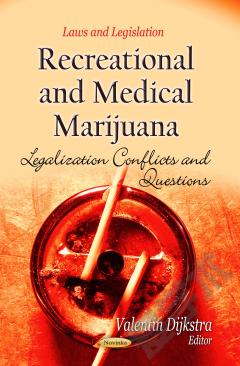
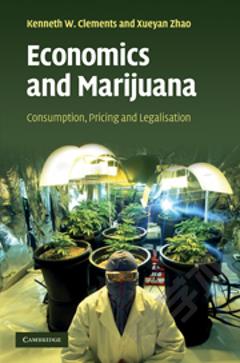

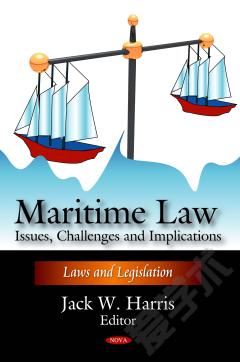

 京公网安备 11010802027623号
京公网安备 11010802027623号